Society
How people group together, organise their rules and systems are all part of what create a society. In this section articles examine the nature of society how it interacts with other themes of culture, power, etc. and how societies have developed and changed over time. The structures of the ancient world are explored as are the complex feudal systems and the varied societies of Empire and modernity.
Sort by:
Date (Newest first) | Title A-Z
Show:
All |
Articles |
Podcasts |
Multipage Articles
-
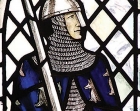
The dialogic dimensions of knowing and understanding the Norman legacy in Chester
ArticleClick to view -
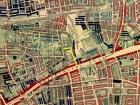
Using an anthology of substantial sources at GCSE
ArticleClick to view -
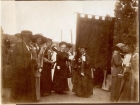
Polychronicon 174: Votes for Women
ArticleClick to view -

Absence and myopia in A-level coursework
ArticleClick to view -

Peterloo: HA interview with Mike Leigh and Jacqueline Riding
ArticleClick to view -

Cunning Plan 173: using Black Tudors as a window into Tudor England
ArticleClick to view -

Couching counterfactuals in knowledge when explaining the Salem witch trials with Year 13
ArticleClick to view -
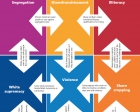
‘Its ultimate pattern was greater than its parts’
ArticleClick to view -
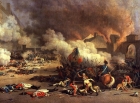
Age of Revolutions Resources
InformationClick to view -
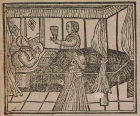
Seeing beyond the frame
ArticleClick to view -

History Teaching in Belarus: Between Europe and Russia
ArticleClick to view -

The History of Afro-Brazilian People
ArticleClick to view -
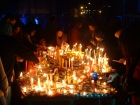
Podcast Series: Religion in the UK
Multipage ArticleClick to view -
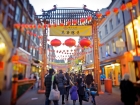
Podcast Series: Britain's Changing Population
Multipage ArticleClick to view -

Podcast Series: British LGBTQ+ History
Multipage ArticleClick to view -

Polychronicon 160: Interpreting 'The Birth of a Nation'
ArticleClick to view -

Podcast: The Life and Significance of Alan Turing
ArticleClick to view -

Podcast: The Historical Medicalization of Homosexuality & Transvestism
ArticleClick to view -
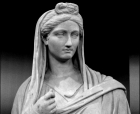
Podcast: Roman Imperial Society
Multipage ArticleClick to view -

Podcast: Latin Poets and their Role in Roman Society
Multipage ArticleClick to view

